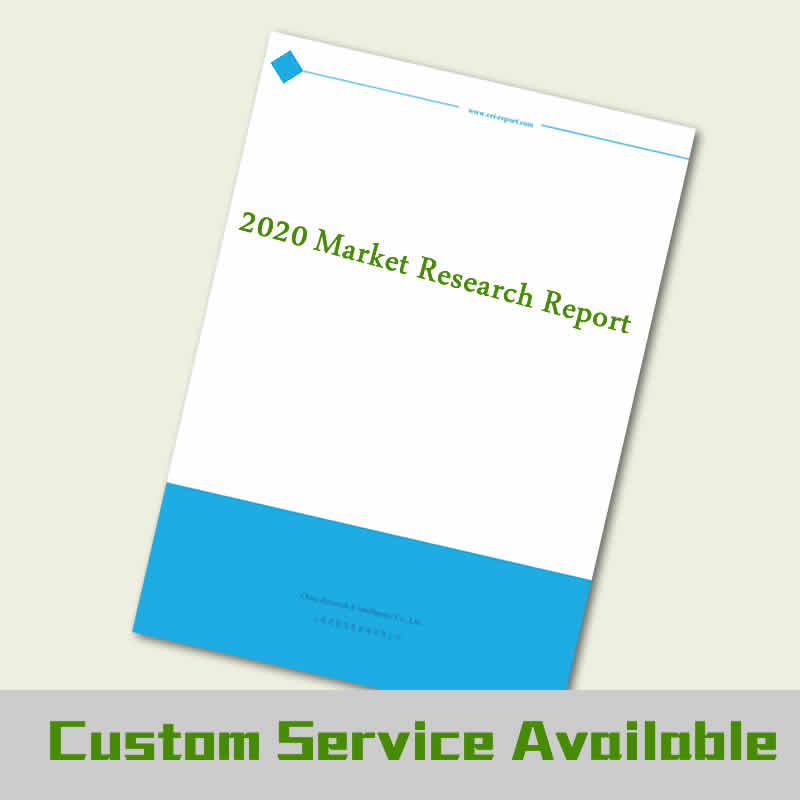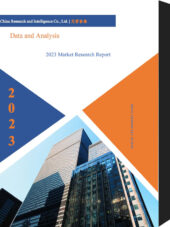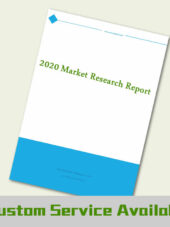Description
Integration of payment services in popular non-banking mobile applications such as WhatsApp, Apple Pay, Amazon Pay and Ola Money, among others, is driving e-payments, especially among the millennial population in India. In FY 2020, the Indian e-payment solutions market recorded 45.72 Bn transactions, which is expected to reach 394.93 Bn by FY 2025, expanding at a compound annual growth rate (CAGR) of ~60.54% during the FY 2021-FY 2025 period. The e-payment transaction value is expected to reach INR 5,296.45 Tn by the end of FY 2025. Bank cards (debit cards, credit cards), e-wallets, and UPI are some of the common modes of online payment prevalent in the country.
Development in fintech, e-commerce, and digital banking is significantly driving the growth of e-payments in the country. Major players currently operating in the Indian e-payment solutions market include scheduled commercial banks like Axis Bank Limited, HDFC Bank Limited, ICICI Bank Limited, and State Bank of India. Apart from banks, e-payment solution providers like Infibeam Avenues Limited, Airtel Payments Bank Limited, Mswipe Technologies Private Limited, Google LLC, and PayPal Payments Private Limited, also operate in the market.
In May 2020, transaction volumes through e-payment modes such as Unified Payments Interface (UPI), credit cards, debit cards, e-payment wallets, Immediate Payment Service (IMPS), and Bharat Bill Payment System (BBPS) surged. Among the other e-payment modes, UPI recorded significant growth in transactions, both in terms of value and volume, between May and June, 2020. UPI processed 1.23 Bn transactions worth INR 2,411 Bn till 28th June, 2020. As of April, 2020, the top three cities in India that contributed to the e-payment transaction volume were Bangalore (~20%), Hyderabad (~10%), and Delhi (~8%)
Out of the different types of e-payment solutions, real-time gross settlement (RTGS) held the largest market share, followed by retail electronic clearing, and bank cards, during the FY 2017-FY 2019 period, based on value. However, based on volume, bank cards held the largest market share during the same period.
IMPS and UPI are mobile based e-payment methods, which makes transaction easy and hassle free for customers. On the other hand, in order to transfer fund through both National Electronic Funds Transfer (NEFT) and NACH (National Automated Clearing House), customers are required to visit their respective bank branches. Also, transaction through NEFT and NACH requires manual intervention, which in turn limits the process within the working hours of the bank. Mobile-based e-payment solutions have gained widespread acceptance since they allow smooth transaction. The popularity of branch-based solutions like NEFT and NACH has declined in recent years.
Impact of COVID-19
Owing to the Indian government’s precautionary measures to contain the spread of COVID-19, shopping malls and retail stores, among other public spaces, were shut down, and all national and international flights were canceled from the middle of March till the first week of June, 2020. A significant part of e-payment transactions, based on both value and volume, comes from OTAs (online travel aggregators), movie and event booking portals, and the entertainment (including retail shops, food courts, bars, and restaurants) sector. Reduced consumer spending on dining out, movies, and the like, and restrictions on traveling adversely affected e-payments in India between March and May, 2020.
However, due to the fear of virus transmission, people are preferring digital modes of payment over cash, which is claimed to be a means of spreading the contagion; this, as a result, has ramped up the use of
e-payment solutions. From the end of March to the middle of April 2020, around 42% Indians used
e-payment modes multiple times as compared to the pre-lockdown period. Paytm observed 20% increase in e-payments in March, and recorded an exponential surge in repeat transactions for various use-cases such as fuel stations and utility payments, among others.
Key growth driver of the market
Of late, the e-commerce market in India has been experiencing rapid growth, owing to the participation of companies offering niche products, presence of a large Internet user base, launch of 4G, and increase in the purchasing power of consumers. E-commerce giants like Amazon, Flipkart, and Paytm Mall often provide cashback and discount offers for online transactions, which in turn attract young customers towards e-payment systems.
Key deterrent to the growth of the market
Despite multiple efforts of the government in making the Digital India campaign successful, cash continues to be the most popular mode of transaction in India. This is impeding the adoption of e-payment services across the country.
Companies covered
Axis Bank Limited
HDFC Bank Limited
ICICI Bank Limited
Infibeam Avenues Limited
State Bank of India
Airtel Payments Bank Limited
Mswipe Technologies Private Limited
One97 Communications Limited
One MobiKwik Systems Private Limited
Google LLC
PayPal Payments Private Limited




